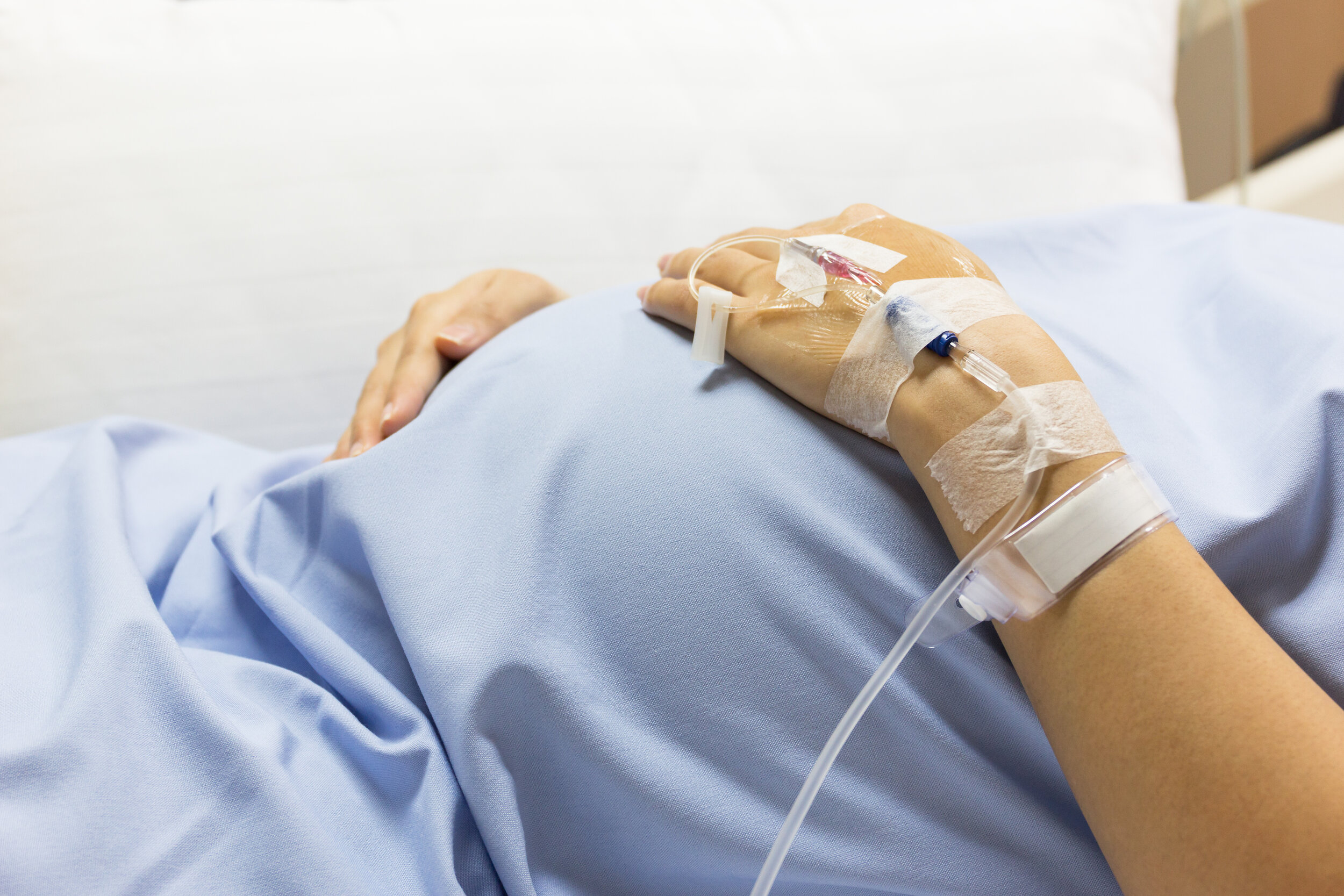Pregnancy And Cancer
Pregnancy During Cancer: Rare, But Increasingly Common
Here are some basic facts about cancer during pregnancy…
Is Cancer During Pregnancy A Common Thing?
Cancer during pregnancy is not very common. But when it does occur, it can be complicated for the mother and the health care team. Cancer itself rarely affects the growing baby directly. But doctors must be selective about how they diagnose and treat pregnant women with cancer. Therefore, it is important to find a health care team that has experience treating cancer in pregnant women.
So, cancer during pregnancy is rare. Because it’s rare, not a lot of research has been done. As Dr. Shyamali Singhal said, “We expect that the number of women diagnosed with cancer while pregnant will increase in years to come. That is because more women are waiting until they are older to have children and the risk of developing most cancers increases with age.”
Making Decisions About Cancer
Because there is not a lot of information available about cancer during pregnancy, making decisions that are right can be hard. There are many issues to consider.
A cancer patient may worry that cancer or its treatment will affect their well-being and the well-being of the baby. A pregnant cancer patient may also worry about the effect of tests to diagnose cancer on the well-being of the baby.
Cancer Therapy And Pregnancy
Some cancer treatments are safe for the fetus during pregnancy or only during certain times of pregnancy. Others are not safe for the fetus at any time. Most cancers do not spread from a woman to the fetus even though some may spread to the placenta. Recent improvements in treatments and careful monitoring provide safer conditions for pregnant women with cancer so that it is more likely that the baby will be successfully delivered with good outcomes. It is important to know that a pregnant woman with cancer can give birth to a healthy baby.
It is estimated that about 3,500 new cases of cancer are diagnosed annually in pregnant women in the U.S., which is equivalent to one case every 1,000 gestations. As the trend for delaying pregnancy into the later reproductive years continues, physicians can probably expect to see more cases of cancer complicating pregnancy.
Guidelines For Cancer Management During Pregnancy
Clear guidelines for the management of these women are very important. Despite the absence of strict guidelines, the following optimal gold standards should always be followed: A) try to benefit the mother’s life; B) try to treat curable malignant disease of pregnant women; C) try to protect the fetus and newborn from harmful effects of cancer treatment, and D) try to retain the mother’s reproductive system intact for future gestations.
Pregnancy itself does not cause cancer, and pregnant women do not have an increased risk of developing cancer compared to women who are not pregnant.
Most Common Cancers Diagnosed During Pregnancy
Some of the most common cancers diagnosed during pregnancy include:
-Breast (the most common)
-Cervical
-Hodgkin lymphoma
-Non-Hodgkin lymphoma
-Ovarian
-Malignant melanoma
-Leukemia
-Thyroid
-Colorectal
-Other types of cancer such as brain, bone, and lung can occur when a woman is pregnant, but they are very rare.
Some Statistics On Cancer And Pregnancy
Pregnant women are at a higher risk of presenting with more advanced disease than nonpregnant women since small lumps cannot be easily detected due to the natural tenderness and engorgement of the breasts during pregnancy and lactation. Average delays of 5 to 7 months are reported. Most patients present with painless masses, 90% of which are detected by self-examination. The diagnosis of breast cancer should be made as early as possible. Breast examination must be a regular clinical practice to detect persisting and enlarging masses, nipple or skin retraction, other skin changes, or axillary lymphadenopathy.
Due to a difference in radiographic density, the sensitivity of mammography in detecting cancerous changes in breasts of pregnant women is about 68%, while that of ultrasonography is around 93%. Diagnosis may be safely made with fine-needle aspiration or excisional biopsy under local anesthesia. A pregnant woman has a 2.5-fold higher risk of presenting with disseminated breast cancer than a nonpregnant woman, and a lower chance of being diagnosed in Stage 1.
How Can Cancer Effect Pregnancy
In many cases, cancer will not result in the need to terminate a pregnancy. However, in some cases, cancer patients might have to deliver the baby earlier than planned.
The patient and their healthcare team will need to discuss all the risks and benefits of managing cancer and pregnancy. In addition to the specialist, patients will also need to see an oncologist. An oncologist is a doctor who treats cancer. Cancer patients are likely to have many more doctor appointments than a pregnant woman without cancer.
Experts don’t know all the ways that cancer can affect an unborn baby. Though it’s possible for some cancers to spread from the mother to the placenta, most cancers rarely have a direct effect on the fetus. There have been very rare cases of cancers such as melanoma or leukemia spreading from the placenta to the fetus. If this happens, the doctor will discuss how to treat the baby during pregnancy and after the delivery. After the baby is delivered, the doctor will check for early signs of cancer. If the baby is healthy, they won’t need any additional treatments. Some cancer treatments can harm an unborn baby. The risk for damage is more likely during the first three months of pregnancy, which is known as the first trimester. During the first trimester, a baby’s organs and body structure are developing.

